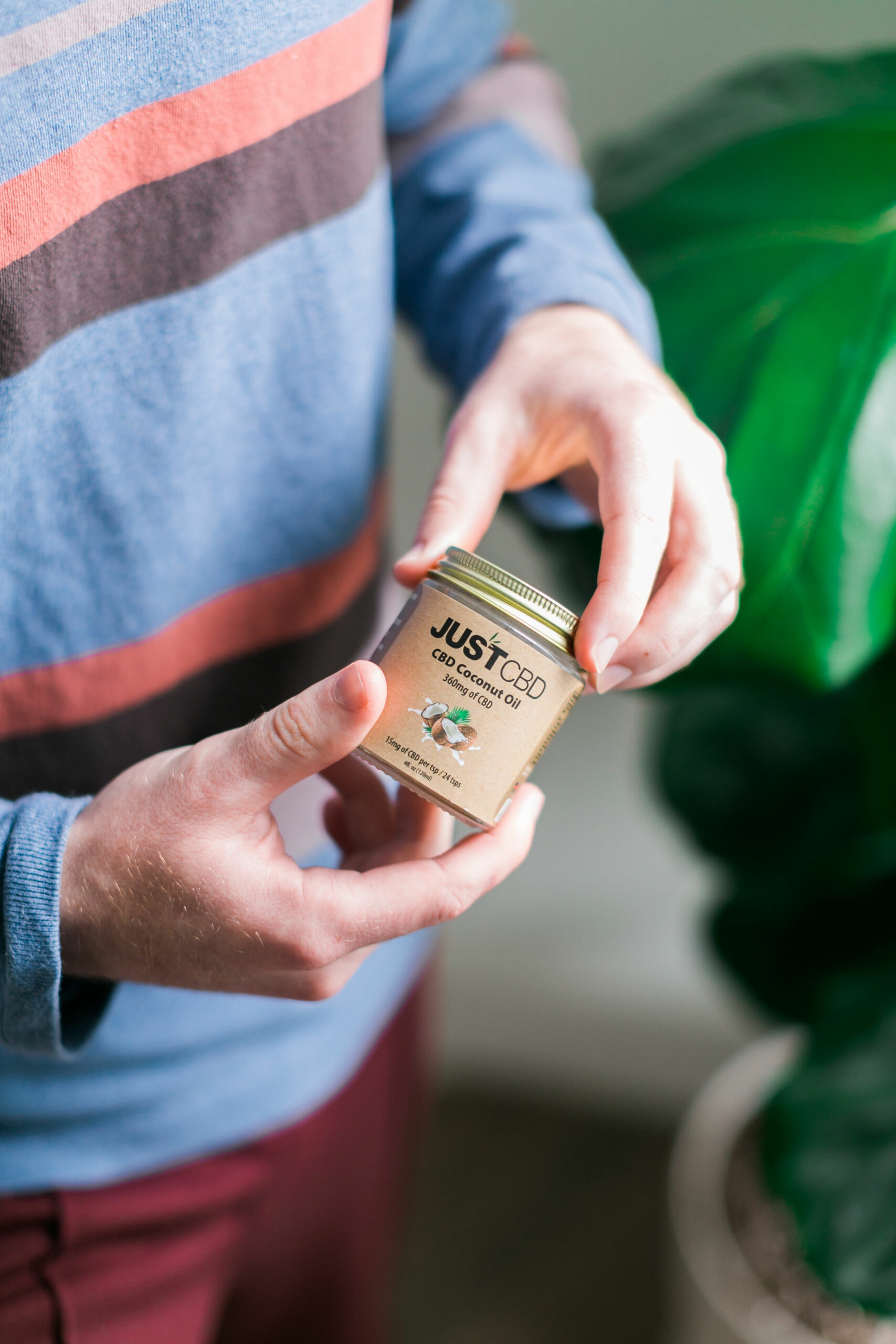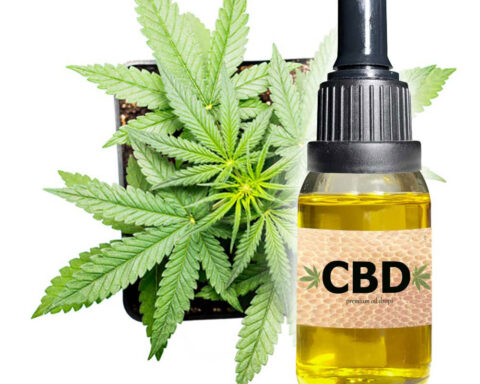Psoriasis is a skin disease characterized by itchingand red patches around the scalp, elbows, trunk, and knees. Various health organizations, including the World Health Organization (WHO), have linked CBD oil to various internal and external health and wellness disorders. CBD’s therapeutic potential is associated with its anti-inflammatory properties that help reduce pain and prevent irregular cellular growth. Because the two represent the primary causes of psoriasis, experts have been left wondering whether or not CBD oil can help with this skin condition.
CBD for psoriasis studies is still at the preliminary stages. However, this claim has received mixed reactions and reviews evidence that CBD oil contains into-inflammatory properties that can help minimize the damages caused by autoimmune diseases such as psoriasis on our bodies. Although there are various studies on the impact of CBD on psoriasis, none of them offers adequate evidence. Most researches, however, have indicated promising results that associate CBD oil with psoriasis. Notably, different studies use CBD topicals products rather than oil for targeted application on the affected area. In this post, we evaluate how CBD can help with psoriasis.
How CBD Oil Works for Psoriasis
A study conducted in 2017 showed that CBD relieves the symptoms of psoriasis by stopping the buildup of skin cells that increases the spread of the condition around the body. In another study, animals suffering from psoriasis were given synthetic cannabinoids and also indicated significant improvement. Although CBD oil impacts skin cell growth, which prevents the spread of the condition, more research is needed to prove this.
Another reason why CBD oil has been earmarked as a perfect alternative medication for psoriasis treatment is that it acts as an anti-pain and anti-inflammatory agent. Advanced stages of psoriasis condition results in pain. Various elements found in the cannabis plant, including THC, are thought to soothe pain, which is an advantage to psoriasis patients. However, there is little evidence on how the cannabis plant treats psoriasis, leaving room for more research.
How to Select the Best CBD Oil for Psoriasis
The hemp marketplace is an ever-growing industry, with brands coming up every day. With many hemp-infused products on the market today, we figured it might be difficult for you to choose the best CBD oil for addressing psoriasis. Psoriasis is a skin condition and is, therefore, best addressed using CBD topical applications. That said, here are key aspects to bear in mind when purchasing ideal topical products.
Presence of Infused Ingredients
According to expert evidence, CBD alone cannot help you with psoriasis. Therefore, various brands are infusing their topical products with other significant active ingredients to enhance the efficacy and quality of their products. Common ingredients include apple cider vinegar, tea tree, menthol, coconut oil (MCT oil), and capsaicin. MCT oil is vitalin CBD topicals and tinctures because it improves absorption rate; hence, yielding rapid effects.
Therefore, it’s vital to check on the list of ingredients used and check on their impact on your skin. Also, ensure all elements, including the cannabis plant, are organic. Artificial elements are known to create more havoc by causing burns on the skin. It is crucial to do background analysis on the quality of hemp to ensure sustainable farming practices are used during its sustenance.
Type of Hemp Extract
Different types of CBD oils have different properties depending on the type of extract used to formulate them. There are three types of CBD; isolate, full-spectrum, and broad-spectrum. CBD experts recommend full-spectrum because it contains all the useful phytocannabinoids that are significant in reducing the symptoms of psoriasis. When terpenes and cannabidiol (components of CBD) are used simultaneously, they offer more promising results in reducing inflammation.
Additionally, THC, the second dominant chemical element in the cannabis plant after CBD, can help in reducing pain resulting from psoriasis. However, according to Food and Drugs Administration, THC levels in CBD products should not exceed 0.3%. CBD products with more than the THC limit of 0.3% can cause more intoxication and are considered illegal. On the other hand, you can avoid the risks posed by THC by taking broad-spectrum CBD oil as it contains all the useful elements of the hemp plant but with non-traceable amounts of THC.
Brand’s Reputation
Buy from a brand that offers quality and consistent products. This can be achieved by doing background checks on the brand’s manufacturing practices, hemp sourcing, and third-party quality assurance criteria. First, ensure it has not been receiving warnings from the FDA and DEA concerning its products’ quality. Most CBD brands obtain warnings from the FDA because the potency levels in their products differ from the ones posted on the labels.
Besides, some products have received negative reviews on their products and customer service. Consider buying from a brand that offers a full money-back guarantee, such as a 30-day satisfaction guarantee if the products fail to alleviate treat psoriasis.
How to Use CBD Oil Effectively for Psoriasis
Sublingual Use
Sublingual use can be effective for people experiencing psoriasis pain. You can relieve the pain by taking the recommended dose using a dropper and placing it under your tongue and holding it for about 60 seconds before swallowing. By doing so, CBD oil will quickly enter the bloodstream, thereby alleviating pain.
Topicals
Unlike CBD oil tinctures, topical products are highly recommended for psoriasis symptoms as they offer a targeted approach. To maximize their effectiveness, apply a considerable amount of topical product to the affected area, and rub gently. However, it is vital to seek clinical guidance before using it, especially when you are using other medications.
Conclusion
CBD oil has various health benefits, including addressing skin conditions such as psoriasis. However, there is no adequate evidence to back up this claim. When choosing CBD oil for addressing psoriasis treatment, consider its quality. Ensure all the ingredients used are organic since artificial elements can lead to more skin burns rather than reducing them. Also, for rapid effectiveness, try using CBD oil alongside topical products to maximize rapid effectiveness. It is also important to note that the cannabis plant cannot be used independently for reducing symptoms associated with psoriasis. Therefore, it is important to consider using full-spectrum CBD oil, which has been blended with other organic ingredients that enhance efficacy.









